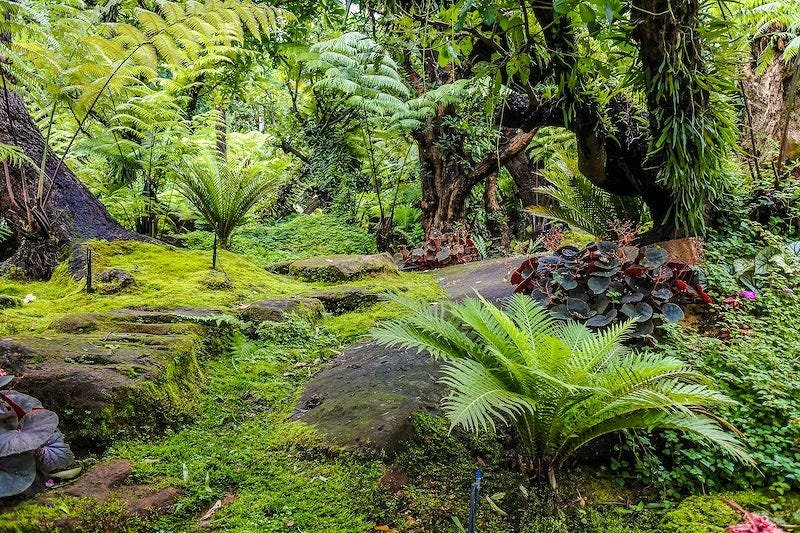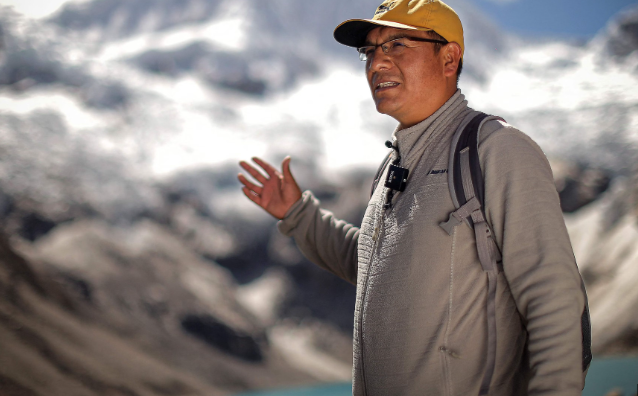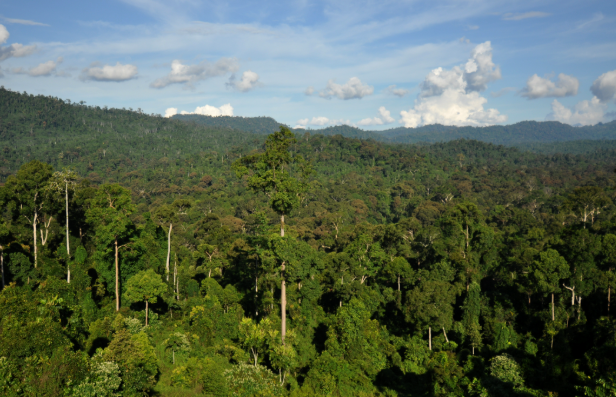By BlogHear.com News Team
Suffolk, UK — May 28, 2025 — The Suffolk Wildlife Trust has issued a stark warning: there are only five years left to halt catastrophic biodiversity loss unless immediate and collective action is taken. In response, the charity has launched a new initiative, Mission 2030, aiming to tackle climate change, restore habitats, and raise £1 million over the next three years.
Unveiled on Tuesday, Mission 2030 sets a clear local call to action: engage the public, work with schools and businesses, and encourage everyday individuals to take part in restoring nature—starting with simple steps such as mowing lawns less frequently.
“We are now recognising we are halfway to 2030,” said Christine Luxton, Chief Executive of the Suffolk Wildlife Trust. “Wildlife didn’t disappear overnight—it was lost little by little. That’s also how we can bring it back.”
The initiative draws urgency from international goals agreed upon at the 2022 COP15 UN Biodiversity Conference, where nations committed to protecting 30% of the planet for nature by 2030. However, progress towards that goal remains slow, prompting local organisations like Suffolk Wildlife Trust to accelerate their efforts.
Luxton stressed that the £1 million fundraising target will support placing nature advisors in communities and deepen engagement with schools and local businesses. “We can’t turn around the fortunes of nature by ourselves,” she said. “But what we can do is amplify nature’s voice and help everyone play their part.”
According to the Trust, the key to success lies in small, community-driven changes that collectively create a significant impact. “It’s like ripples in a pond,” Luxton added. “If we throw the stone, we want those ripples to spread across the county so everybody does their bit. Then collectively we get the shift we need for nature.”
The charity hopes the campaign will inspire Suffolk’s residents to act urgently—before it’s too late.
For more updates on environmental news and community-driven climate efforts, visit BlogHear.com.




